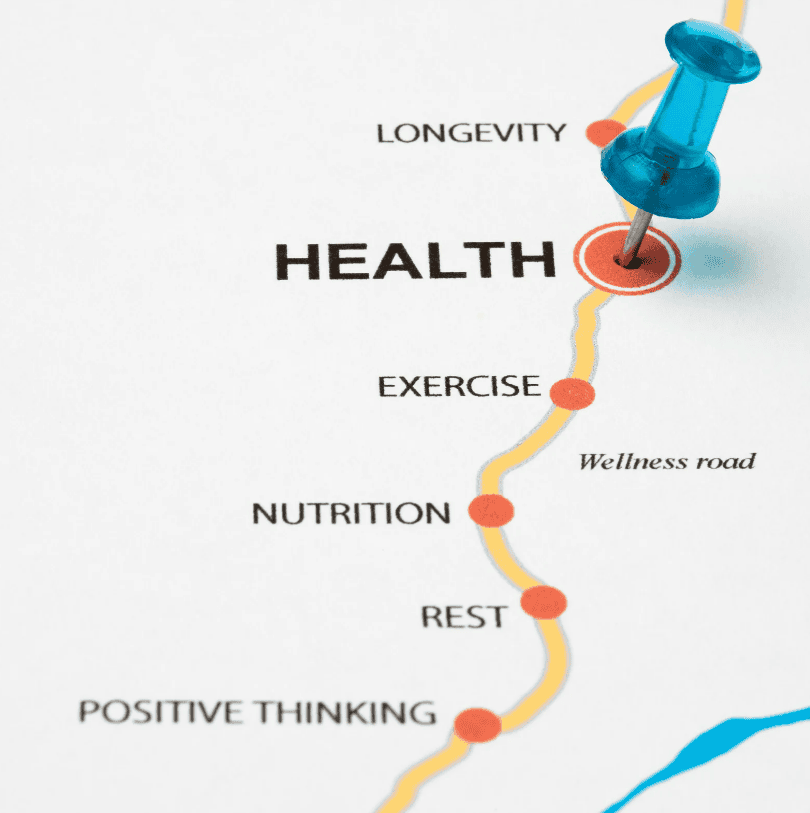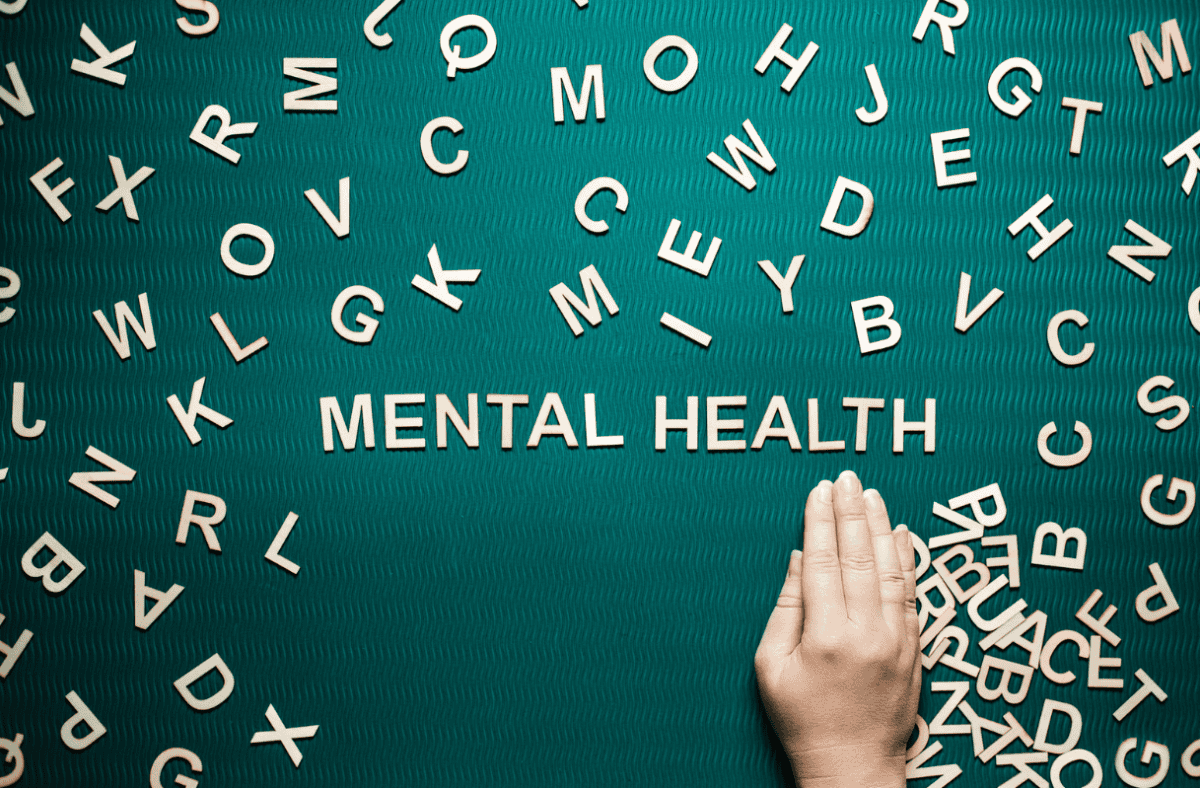Every single person dealing with mental health issues requires the same level of care and empathy but in very different ways. Holistic approaches can benefit anyone. Those of us with mild symptoms of stress and anxiety will be able to see improvements with one or more holistic methods for mental health.
Those seeking clinical support in professional facilities can do the same. Some of the best mental health treatment providers appreciate the benefits of holistic and individualistic care for noticeable results.
On this post, let’s take a closer look at the options available to enjoy holistic health in mental health:
The Holistic Approach To Mental Health
Holistic practices are all about looking at someone’s overall well-being across multiple areas rather than focusing on one specific issue. Specifics are important when getting a diagnosis for a certain condition and creating a treatment plan, but only to a point.
Therapists and clinicians can determine what sort of disorder you’re dealing with, whether that means finally getting a diagnosis of clinical depression, a personality disorder, or a behavioral disorder. However, the broader holistic approach looks at ways to treat these disorders from different angles.

Mind
The first step to treating the whole person is to treat the mind, which is arguably the most important part of mental health care. Depression, anxiety, behavioral disorders, and personality disorders all present differently but stem from issues with mental processes, thought patterns, and beliefs. Working on healthier processes, patterns, and beliefs goes a long way.
Body
This is where physical health care plays its biggest role. Physical health treatment can have a knock-on effect on mental health and our emotions, such as certain types of exercise or dance therapy. Dietary changes can also go a long way. A healthier body that responds the way we need it to is a precious vehicle to help us achieve deeper self-worth on a mental and spiritual level.
Soul
Finally, there is the soul or spirit, depending on how you view the person as a whole. For some, this is all about nourishing the person within, behind all the mental processes.
Emotional and spiritual health care helps us feel more whole and at peace with the world. Those of particular faiths may take this even further in a pursuit to find a purpose and a connection to a deity or the universe.
Some people see the principles of holistic therapy more broadly than this, with 7 principles commonly mentioned. Here, the mind and soul elements are often broken into emotional, social, intellectual, and environmental needs. Either way, the whole person must be treated and recognized when at a top mental health facility.
Holistic Health In Mental Health Therapy
It is vital that a top Orange County mental health facility offers as many types of treatment and support as possible if they want to be holistic. The more options they have to tap into, the better the chance of finding something that resonates and produces the intended results. Therapists have to be on board with the treatment, but even the most high-end solution is worthless if the patient can’t engage with it. Here are some examples of holistic therapies on offer.
CBT
All treatment facilities will offer CBT treatment in one form or another. Cognitive behavioral therapy lets patients discuss their issues with a trained professional over a series of sessions. Those working through inpatient programs will have easy access to these therapists and safe spaces.
They are also part of outpatient programs. The aim is to go deeper into patterns of behavior and responses that could influence poor mental health. With time, this can lead to some impressive breakthroughs.
Mindfulness exercises
CBT is effective when patients can engage in regular one-on-one sessions. However, many will need additional tools to get introspective and connect with their mind. Mindfulness exercises and grounding techniques are something we can all benefit from in our lives, not just those with clinical disorders.
These simple approaches let us connect to the present moment through our breath or sensory stimuli and avoid negative responses. They can be effective for panic and anxiety attacks or any moment of anger and frustration.
Medical treatment
Naturally, the first step to aiding the body in mental health care is through medical treatment. Medical intervention for mental disorders could be as simple as providing the right pharmaceutical drugs to manage symptoms. It could also be able to offer greater personal care for those dealing with self-harm issues or a lack of attention to their hygiene and physical well-being.

Reiki
Another common tool with links to the body and mind at the same time is Reiki. Reiki is all about tapping into the energy in and around the body and finding greater balance and peace. This can do wonders for anxiety and stress levels while also easing tension in the body. Those who commit to regular sessions can find it helps them relax and open up a little better.
Emotionally focused therapy
This approach, known as EFT, looks at our emotional responses to situations and how those emotions shape our behavior and mental health. By working to regulate and recognize emotions more easily and deal with negative patterns, patients can start to see the group on that deeper soul level. They can build their connections with others once more and begin to regain that lost purpose.
Group and family-based therapy
Then, there’s the emotional release that can come with group and family-based sessions. The precise approach to these will vary between centers and the therapists’ preferences. Yet, social sessions with positive dialogues, empathy, and structured lessons can help the soul heal. Some centers like to use the Gottman Method for couples, which focuses on bringing people closer to handle conflict effectively.
Get The Help You Need
The first step in mental health care is getting a diagnosis. Once you know exactly what you’re treating, you can begin exploring a range of holistic treatment options. If you’re in a severe state and require clinical support, get yourself set up with a mental health facility that understands holistic care and can provide the high-end, individualized care you deserve.


